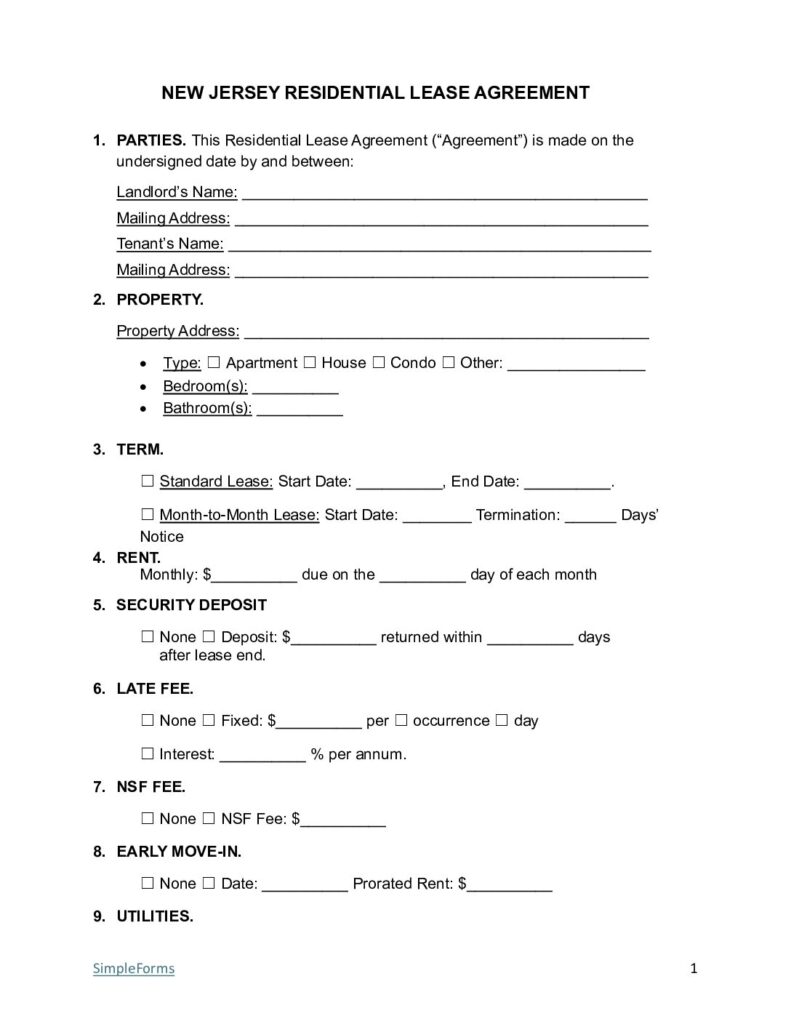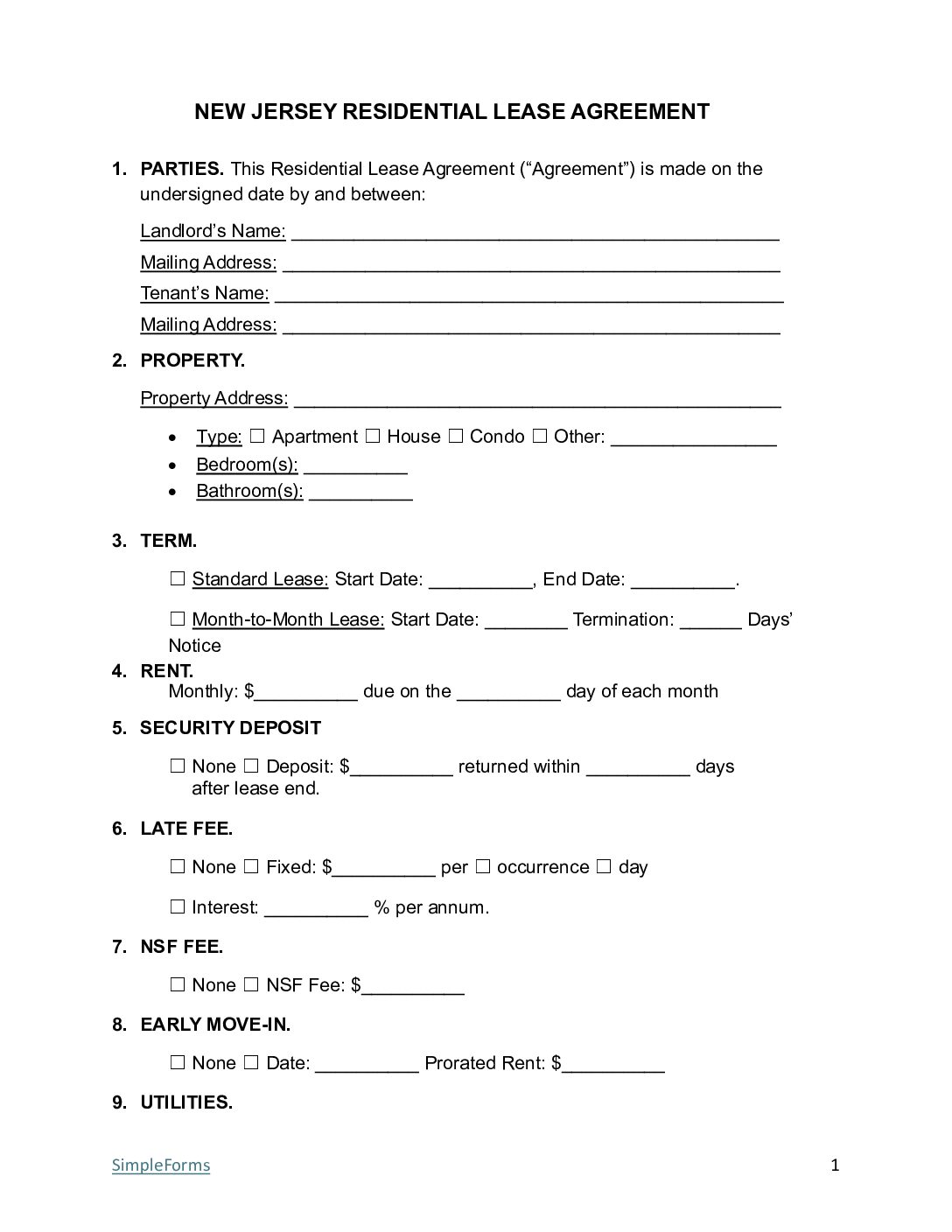Required Disclosure Forms (5)
-
- Lead-Based Paint Disclosure – Must disclose health hazards and EPA information related to lead-based paint for all properties built before 1978.
- Flood Risk Disclosure– If the rental property is located in a flood zone, the Landlord must disclose this information to Tenants.
- Flood Insurance Disclosure – Notice must include the following:
“Flood insurance may be available to renters through FEMA’s National Flood Insurance Program to cover your personal property and contents in the event of a flood. A standard renter’s insurance policy does not typically cover flood damage. You are encouraged to examine your policy to determine whether you are covered.”
- Truth-In-Renting Act – Written notice of rights and responsibilities during the lease term.
- Window Guard Disclosure – The Landlord must provide the Window Guard Disclosure form and it must include the following text in bold font:
“The owner (landlord) is required by law to provide, install and maintain window guards in the apartment if a child or children 10 years of age or younger is, or will be, living in the apartment or is, or will be, regularly present there for a substantial period of time if the tenant gives the owner (landlord) a written request that the window guards be installed. The owner (landlord) is also required, upon the written request of the tenant, to provide, install and maintain window guards in the hallways to which persons in the tenant’s unit have access without having to go out of the building. If the building is a condominium, cooperative or mutual housing building, the owner (landlord) of the apartment is responsible for installing and maintaining window guards in the apartment and the association is responsible for installing and maintaining window guards in hallway windows. Window guards are only required to be provided in first floor windows where the window sill is more than six feet above grade or there are other hazardous conditions that make installation of window guards necessary to protect the safety of children.“

